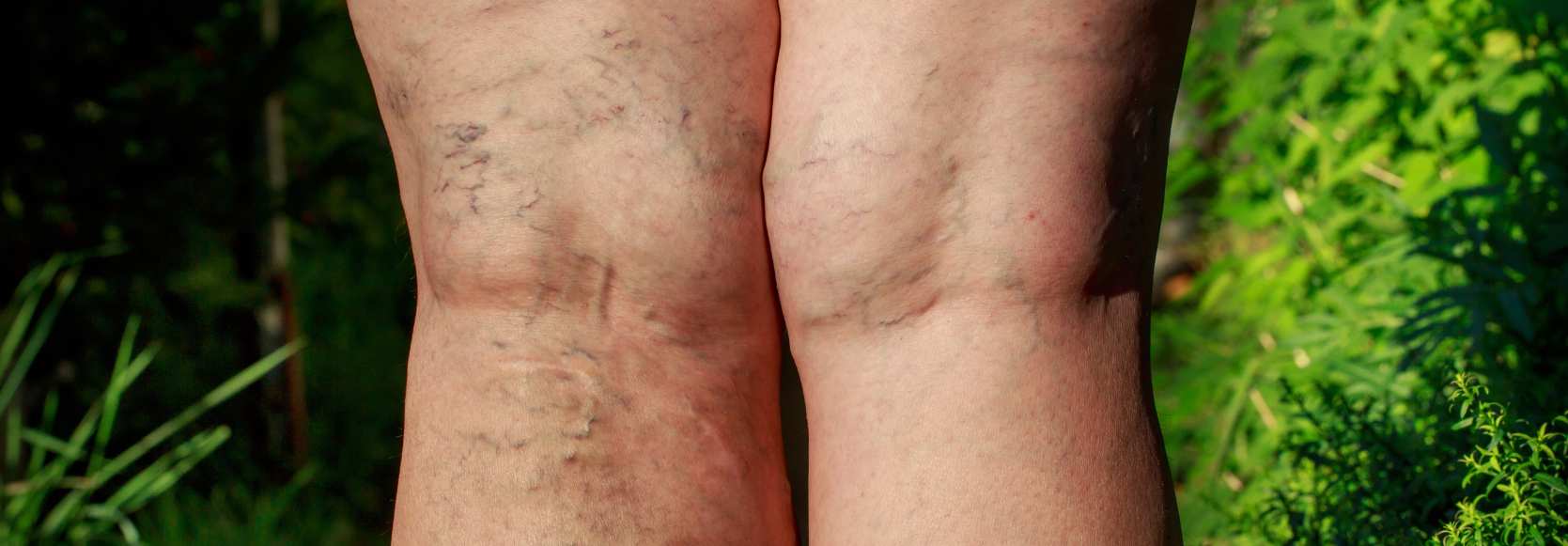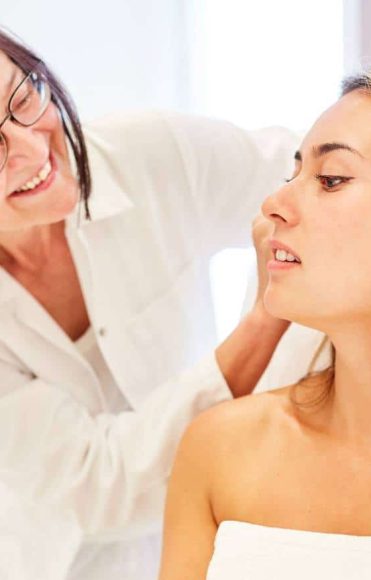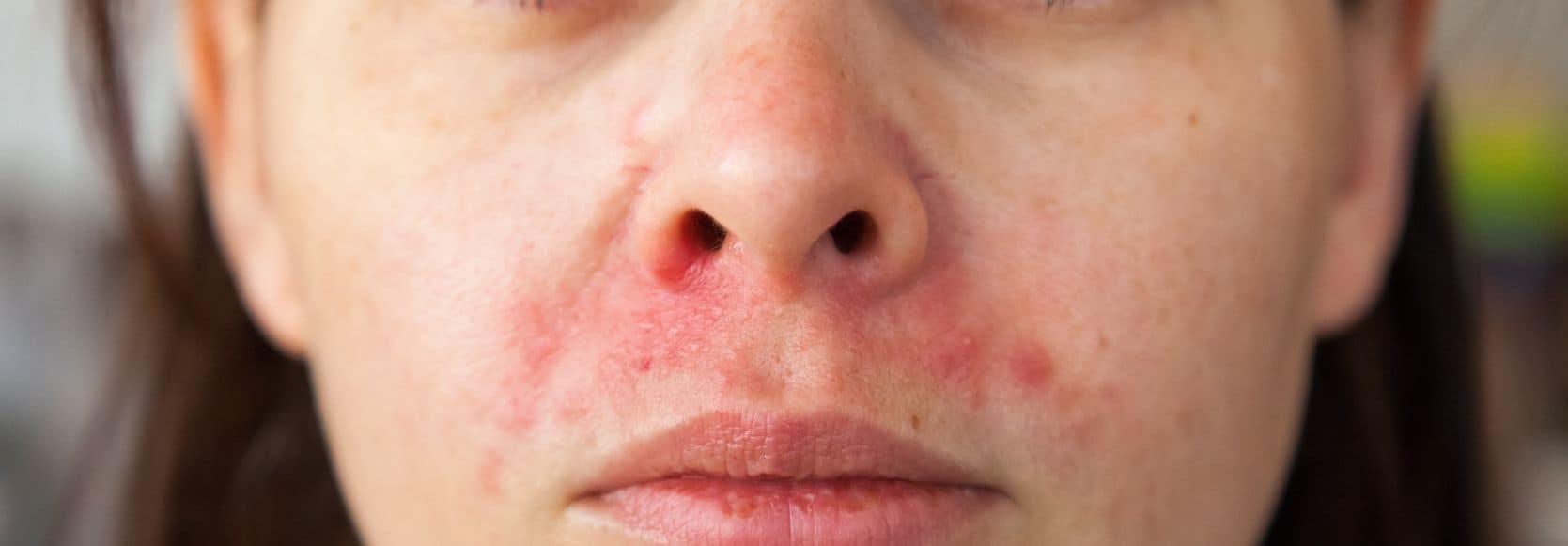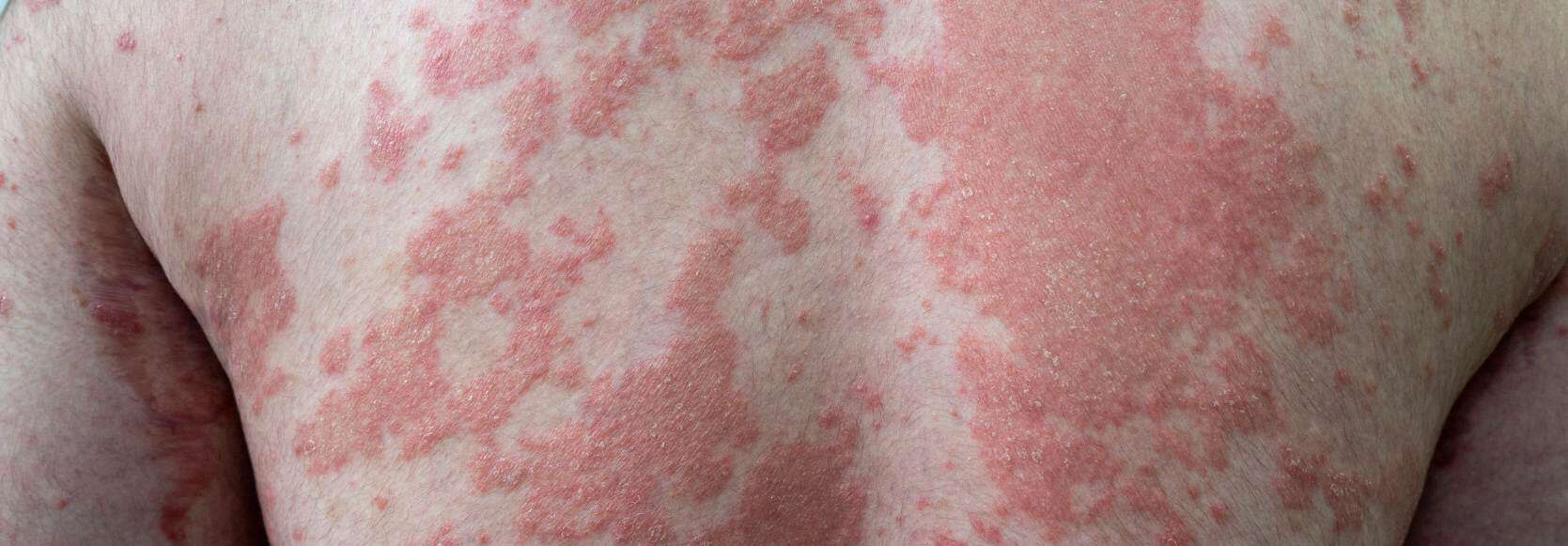Varicose Disease Awareness Month is focused on raising awareness about varicose veins, a common but frequently overlooked condition affecting millions globally. Throughout September, our goal is to emphasise the importance of early detection, explore the causes, treatment options and highlight lifestyle changes that can help manage varicose veins effectively. By promoting awareness, we encourage individuals to prioritise their vein health and seek professional advice at the first signs of symptoms. This guide is a helpful resource whether you’re a health devotee or someone seeking information to tackle your symptoms.
What are Varicose Veins?
Distinguished by a knotted, twisted visual and a blue or dark purple hue, varicose veins transcend merely cosmetic botheration. Apart from common symptoms like tired, weighty legs and swelling in ankles and feet, varicose veins can heighten displeasure through throbbing soreness and nocturnal muscle cramps.
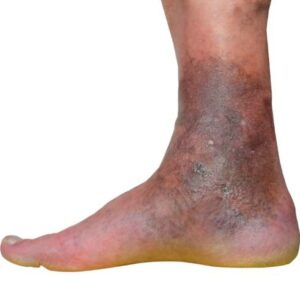
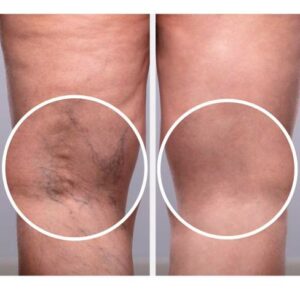
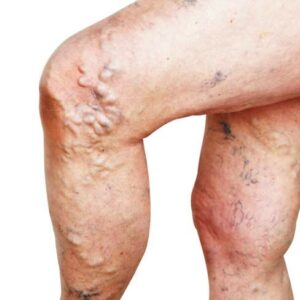
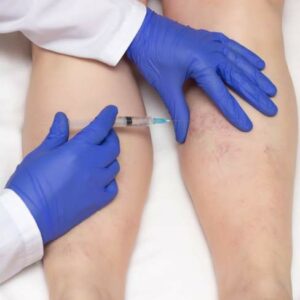
Causes of Varicose Veins
When to Worry About Varicose Veins?
How Are Varicose Veins Treated?
Sclerotherapy
What is Sclerotherapy?
Sclerotherapy is a medical procedure used to treat varicose veins and spider veins. It involves injecting a special solution directly into the affected veins, causing them to collapse and eventually fade away. The solution irritates the lining of the vein, prompting it to close off, and over time, the treated vein is reabsorbed by the body. Sclerotherapy is a minimally invasive treatment, often performed in a doctor’s office and is commonly used for small to medium-sized veins. It is an effective option for improving the appearance of veins and relieving symptoms like pain or swelling.
Endovenous Laser Ablation (EVLA)
What is Endovenous Laser Ablation (EVLA)?
Endovenous Laser Ablation (EVLA) is a minimally invasive treatment for varicose veins. It uses laser energy to close off and seal large, problematic veins, particularly those with faulty valves causing blood to pool. During the procedure, a thin laser fibre is inserted into the affected vein through a small incision. The laser heats the vein’s interior, causing it to collapse and eventually be absorbed by the body, while blood is rerouted through healthier veins.
EVLA is a popular option due to its high success rate, quick recovery time and minimal discomfort. It is often used for larger varicose veins and is performed under local anaesthesia.
How to Avoid Varicose Veins?
Preventing varicose veins starts with staying active through regular exercise, which improves circulation and strengthens leg muscles. Keeping a healthy weight helps relieve pressure on your veins and elevating your legs when resting promotes better blood flow. It’s also crucial to avoid long periods of sitting or standing by taking regular breaks to move around. Wearing compression stockings can further improve circulation and lower the risk of varicose veins. Additionally, a balanced diet high in fibre and low in salt helps reduce water retention and pressure on your veins. These simple lifestyle changes can greatly lower your risk of varicose veins and support better vein health.
When Professional Help is Needed
Varicose veins can not only rob aesthetic appeal but may also cause physical discomfort and, in severe cases, lead to ulcers or blood clots. They pose a sizeable health risk.
At present, those seeking treatment for varicose veins through NHS may face delays due to backlog. The need for immediate treatment is crucial, but it’s essential to consider its financial implications. The treatment of varicose veins can be high-priced, and the NHS needs to distribute its resources equitably.
Luckily, private clinics provide timely alternatives. Past treatments involved surgery or sclerotherapy, both invasive with potential significant side effects. St Michael’s Clinic offer laser treatments as an effective alternative. These treatments employ a specially designed laser to target and eliminate troublesome veins, with minimal discomfort, no scarring, fewer risks and little to no recovery period compared to traditional methods.
If you’re considering laser treatment for varicose veins, consult a dermatologist to determine if it’s the right option for you. With patient care at the forefront, this treatment aims to restore comfort and well-being with little interruption to your life.
Varicose Vein Treatment in Shrewsbury
We hope our breakdown of varicose veins — from their emergence to their management — has equipped you with the knowledge to confidently deal with this common condition. With the right treatments, lifestyle modifications and support you can tackle varicose vein removal optimistically and safeguard your vascular health.
Should you have any concerns about your veins, our professionals at the St Michael’s clinic are available to help. To schedule your appointment and reclaim comfort and confidence in your legs, call 01743 590010 today.

